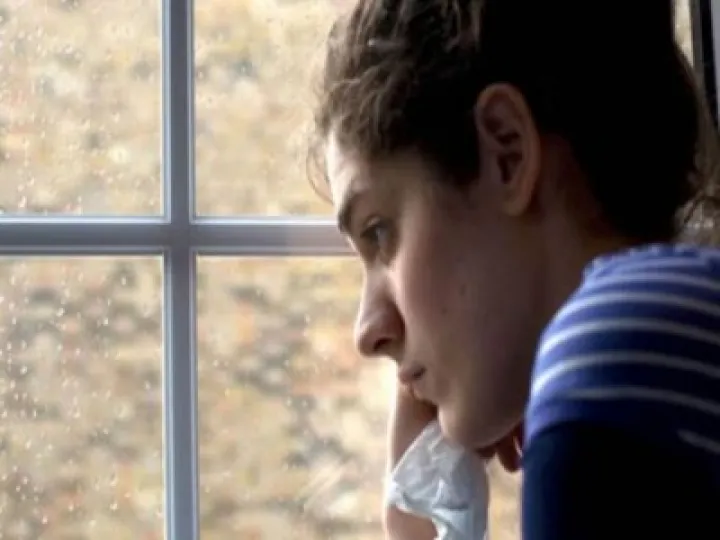Alert to Parents of Young Adults
The current economic recession has had serious consequences for millions of people, but one particular sub-group may be overlooked in all this.
The term NEET (not in employment, education, or training) refers to economically inactive adolescents and young adults. During economic crises, youth unemployment rises faster and recovers more slowly than general unemployment.
In 2012, there were 7.5 million 15-24 year olds (13% of the age group) and 6.5 million 25-29 year olds (20%) recorded as economically inactive in the European Union. Together, they cost the equivalent of £131bn in welfare benefits and lost productivity – 1.2% of EU gross domestic product.
International publications confirm global rates of 10-20% youth unemployment and highlight that the optimal solution is to increase retention in education and training
However, this article is not about the financial implications. Of much greater concern is the fact that prolonged economic inactivity can have profound effects on mental health of these young people: the risks of depression, alcohol or substance misuse, and of suicidal attempts, are increased approximately 3 to 4 fold in economically inactive young adults versus their economically active peers.
According to the British Medical Journal, "mental rather than physical disorders are the chronic illnesses of young adults". However, medical and social services are not strongly placed to pick up on the early signs of mental and emotional problems in this group.
It therefore falls to parents, grandparents and carers to look out for the signs.
While, as individuals, we cannot waive a magic wand to lift the economic recession, we can monitor and support our young people emotionally.
Medical evidence indicates that first serious episode for those who suffer mental disturbance tends to peak at 15-25 years of age. The early phases of the most common mental disorders are characterised by impaired academic performance, changes in social behaviours, and increasing absences from school or work.
As parents, we need to be alert to such signs and act positively to counsel, coach and support our precious young people, and to help them gain early professional support if necessary.
..............................................................................................
This article has drawn on data from an editorial
in the British Medical Journal, published on
18th September 2013.








